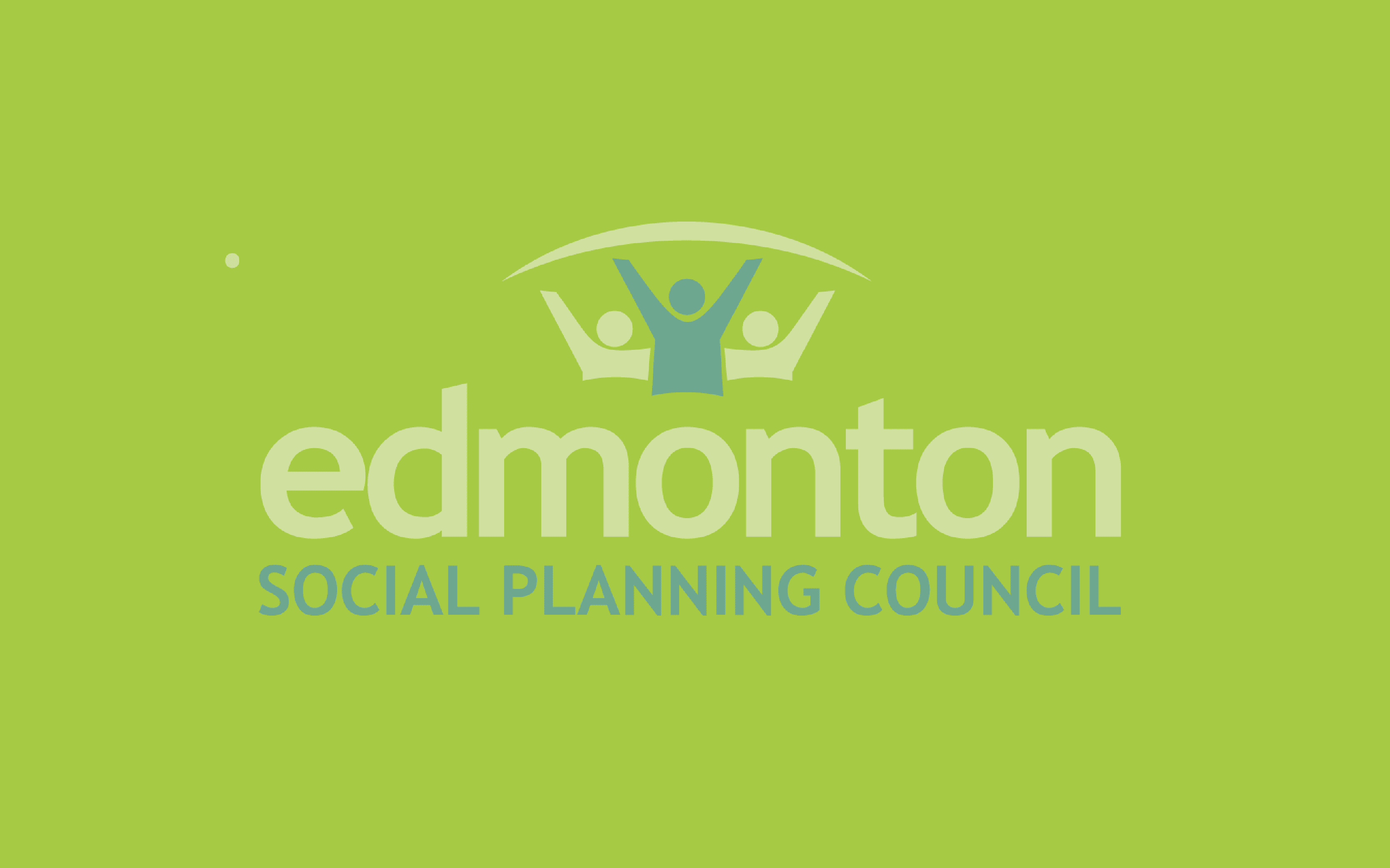[et_pb_section fb_built=”1″ _builder_version=”4.7.0″ custom_margin=”0px||0px||false|false” custom_padding=”0px||0px||false|false” global_colors_info=”{}”][et_pb_row column_structure=”3_4,1_4″ use_custom_gutter=”on” gutter_width=”2″ _builder_version=”4.7.7″ _module_preset=”default” width=”100%” custom_margin=”0px||||false|false” custom_padding=”0px||0px||false|false” border_width_bottom=”1px” border_color_bottom=”#a6c942″ global_colors_info=”{}”][et_pb_column type=”3_4″ _builder_version=”4.7.0″ _module_preset=”default” global_colors_info=”{}”][et_pb_post_title meta=”off” featured_image=”off” _builder_version=”4.7.4″ _module_preset=”default” title_font=”||||||||” custom_margin=”||3px|||” border_color_bottom=”#a6c942″ global_colors_info=”{}”][/et_pb_post_title][/et_pb_column][et_pb_column type=”1_4″ _builder_version=”4.7.0″ _module_preset=”default” global_colors_info=”{}”][et_pb_image src=”https://edmontonsocialplanning.ca/wp-content/uploads/2020/12/COLOUR-BLOCKS_spaced-300×51.png” title_text=”COLOUR BLOCKS_spaced” align=”center” _builder_version=”4.7.7″ _module_preset=”default” max_width=”100%” max_height=”75px” custom_margin=”0px|0px|0px|0px|false|false” custom_padding=”10px|0px|20px|0px|false|false” global_module=”96648″ global_colors_info=”{}”][/et_pb_image][/et_pb_column][/et_pb_row][et_pb_row column_structure=”3_4,1_4″ use_custom_gutter=”on” gutter_width=”2″ make_equal=”on” _builder_version=”4.7.7″ background_size=”initial” background_position=”top_left” background_repeat=”repeat” width=”100%” custom_margin=”0px|auto|0px|auto|false|false” custom_padding=”30px|0px|0px|0px|false|false” global_colors_info=”{}”][et_pb_column type=”3_4″ _builder_version=”4.5.6″ custom_padding=”0px|0px|0px|0px|false|false” global_colors_info=”{}” custom_padding__hover=”|||”][et_pb_text _builder_version=”4.7.5″ _dynamic_attributes=”content” _module_preset=”default” text_font=”|600|||||||” text_text_color=”#2b303a” custom_padding=”||32px|||” global_colors_info=”{}”]@ET-DC@eyJkeW5hbWljIjp0cnVlLCJjb250ZW50IjoicG9zdF9kYXRlIiwic2V0dGluZ3MiOnsiYmVmb3JlIjoiIiwiYWZ0ZXIiOiIiLCJkYXRlX2Zvcm1hdCI6ImRlZmF1bHQiLCJjdXN0b21fZGF0ZV9mb3JtYXQiOiIifX0=@[/et_pb_text][et_pb_button button_url=”https://edmontonsocialplanning.ca/2021/09/13/research-update-september-2021/” button_text=”Download Research Update: September 2021″ _builder_version=”4.10.7″ _module_preset=”default” custom_button=”on” button_text_color=”#ffffff” button_bg_color=”#008ac1″ custom_margin=”||19px|||” custom_padding=”||5px|||” hover_enabled=”0″ global_colors_info=”{}” sticky_enabled=”0″][/et_pb_button][et_pb_text _builder_version=”4.10.7″ text_text_color=”#2b303a” text_line_height=”1.6em” header_2_font=”||||||||” header_2_text_color=”#008ac1″ header_2_font_size=”24px” background_size=”initial” background_position=”top_left” background_repeat=”repeat” text_orientation=”justified” width=”100%” module_alignment=”left” custom_margin=”0px|0px|0px|0px|false|false” custom_padding=”25px||||false|false” hover_enabled=”0″ locked=”off” global_colors_info=”{}” sticky_enabled=”0″]
A review by Rebecca Jansen
Calls to change how the non-profit community functions have existed at the fringes of the sector for decades. However, COVID-19 has rapidly revealed historical injustices within the sector, bringing calls for change to the forefront. In response, many leaders have answered these emerging needs by spearheading transformative initiatives. One such example is this report, taken on by the Edmonton Chamber of Voluntary Organizations (ECVO). The report, Transforming the Non-Profit Community in Edmonton, is described by the ECVO as the first phase on a long road to bring to life “a reimagining of non-profits” within a local Edmonton context (p. 1). The report captures historical injustices magnified by COVID-19 while harnessing their impacts to imagine a desired future that transcends the current status quo. The report opens with a review of the non-profit sector—past and present, includes surveys, myths, and trends, and introduces a model for change. The information is based on 24 individual and five group conversations held with 82 Edmonton-based knowledge holders (p. 13). The collaborative approach aimed to increase critical reflection, system-wide connectivity, and community accountability by creating opportunities for engagement and generous critique for/by those working first-hand in the sector.
Three main categories were brought to the forefront during the reporting process: myths, trends, and a model for change. As seen by sector insiders, myths are widely held yet largely inaccurate beliefs that often create barriers in practice and policy. Myths highlighted include:
- The non-profit sector is truly voluntary,
- Non-profit organizations are flexible and responsive,
- Non-profit organizations operate as representatives of the community,
- The non-profit sector is apolitical,
- non-profit programs are fully data-driven and evidence-based, and
- The non-profit sector is truly altruistic. (p. 14)
In tandem with myths, trends—or general patterns—often emerge from neoliberalism and have also marked how the sector operates. Trends emphasized in the report include:
- Short-term, contract-based funding,
- Venture philanthropy,
- “Business-like” practices,
- The organization as the primary unit of analysis,
- Outdated board structures, and
- Individualized programming of subsectors. (p. 20)
Using these myths and trends as guideposts, ECVO present a model for change that encapsulates a more socially just future for the non-profit sector. Inspired by the Miami Workers Center, ECVO’s model for change offers four pillars of action: service, power, consciousness, and policy (p. 24). At first glance, the pillars appear ambiguous and broad. However, each pillar is broken down to address explicit concerns. Some examples include:
- Switching from a 3- to 5-year planning cycle to a 50- to 100-year vision,
- De-centring organization,
- Hiring those directly impacted by systemic harms,
- Building social justice competencies,
- Building new knowledge systems into decision-making processes, and
- Funding more significant advocacy efforts. (p. 25–37)
While each pillar is thorough and specific in its mandates, as a whole, the model begs questions of infrastructure. In any such work, how does one “devise methods of participation and decision-making, build and sustain leadership, create shared political analysis, and generate and manage resources to feed the work”? (p. 38)
ECVO preface their work by stating it is not prescriptive, nor complete. They emphasize that they do not support or oppose political parties but instead focus on how past practices and policies have shaped current operations. This non-partisan approach, along with the ECVO’s innovative, collective, and collaborative process, seems to be both reflective and flexible. As stressed in the report, this is merely phase one. As the process unfolds, more insight is gleaned and new learnings emerge and so priorities may shift. But for now, the ECVO report appears to be a comprehensive and critical step for a more socially just future for the sector. As such, they encourage readers to take their report and “use it to build new forms and methods of participation, decision making, leadership, and resource distribution. It is by altering our everyday processes that we can build new infrastructure and in doing so, construct alternative futures” (p. 38).
Publication Source:
Tink, L. N., & Kingsley, B. C. (2021). Transforming the non-profit community in Edmonton: Phase 1—identifying myths, trends, and areas for change. Edmonton Chamber of Voluntary Organizations. https://ecvo.ca/wp-content/uploads/2021/05/ECVO-Transformation-FINAL-highres.pdf
About the volunteer:
Rebecca Jansen is currently a graduate student at the University of Alberta studying educational policy specializing in Adult, Community and Higher Education. With over ten years of experience as an adult and community educator, her primary research focus is on embodied learning, indigenization, and policy reform to realign power imbalances within social institutions that impact local communities.
[/et_pb_text][/et_pb_column][et_pb_column type=”1_4″ _builder_version=”4.7.4″ custom_padding=”0px|20px|0px|20px|false|false” border_color_left=”#a6c942″ global_colors_info=”{}” custom_padding__hover=”|||”][et_pb_testimonial author=”Posted by:” job_title=”@ET-DC@eyJkeW5hbWljIjp0cnVlLCJjb250ZW50IjoicG9zdF9hdXRob3IiLCJzZXR0aW5ncyI6eyJiZWZvcmUiOiIiLCJhZnRlciI6IiIsIm5hbWVfZm9ybWF0IjoiZGlzcGxheV9uYW1lIiwibGluayI6Im9uIiwibGlua19kZXN0aW5hdGlvbiI6ImF1dGhvcl93ZWJzaXRlIn19@” portrait_url=”@ET-DC@eyJkeW5hbWljIjp0cnVlLCJjb250ZW50IjoicG9zdF9hdXRob3JfcHJvZmlsZV9waWN0dXJlIiwic2V0dGluZ3MiOnt9fQ==@” quote_icon=”off” portrait_width=”125px” portrait_height=”125px” disabled_on=”on|off|off” _builder_version=”4.7.7″ _dynamic_attributes=”job_title,portrait_url” _module_preset=”default” body_text_color=”#000000″ author_font=”||||||||” author_text_align=”center” author_text_color=”#008ac1″ position_font=”||||||||” position_text_color=”#000000″ company_text_color=”#000000″ background_color=”#ffffff” text_orientation=”center” module_alignment=”center” custom_margin=”0px|0px|4px|0px|false|false” custom_padding=”32px|0px|0px|0px|false|false” global_colors_info=”{}”][/et_pb_testimonial][et_pb_text disabled_on=”on|off|off” _builder_version=”4.7.7″ _dynamic_attributes=”content” _module_preset=”default” text_text_color=”#000000″ header_text_align=”left” header_text_color=”rgba(0,0,0,0.65)” header_font_size=”20px” text_orientation=”center” custom_margin=”||50px|||” custom_padding=”48px|||||” global_colors_info=”{}”]@ET-DC@eyJkeW5hbWljIjp0cnVlLCJjb250ZW50IjoicG9zdF9jYXRlZ29yaWVzIiwic2V0dGluZ3MiOnsiYmVmb3JlIjoiUmVsYXRlZCBjYXRlZ29yaWVzOiAgIiwiYWZ0ZXIiOiIiLCJsaW5rX3RvX3Rlcm1fcGFnZSI6Im9uIiwic2VwYXJhdG9yIjoiIHwgIiwiY2F0ZWdvcnlfdHlwZSI6ImNhdGVnb3J5In19@[/et_pb_text][et_pb_code _builder_version=”4.10.7″ _module_preset=”default” text_orientation=”center” hover_enabled=”0″ global_colors_info=”{}” sticky_enabled=”0″][3d-flip-book mode=”thumbnail-lightbox” id=”157656″ title=”true”][/3d-flip-book]
Click on image to view online.
[/et_pb_code][/et_pb_column][/et_pb_row][/et_pb_section]
